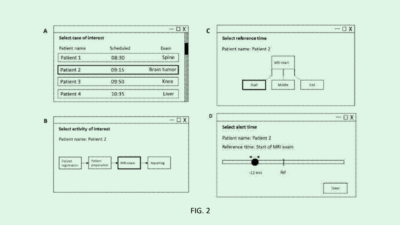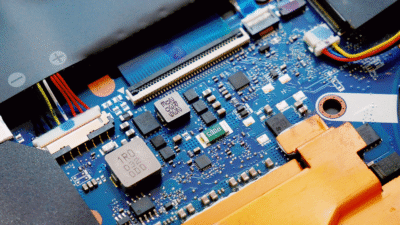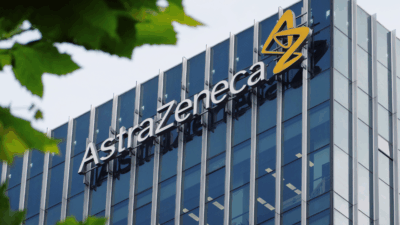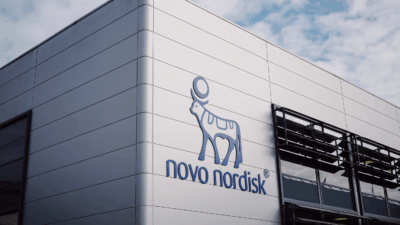
Sign up for smart news, insights, and analysis on the biggest financial stories of the day.
It’s probably too late to put the champagne back in the bottle.
Some six months after biotech giant Illumina gained regulatory approval for its $7 billion acquisition of cancer-screening company Grail, the Federal Trade Commission is stepping in to overturn the decision and putting the kibosh on the entire deal.
Flip-Flopped
Illumina and Grail are the Rachel and Ross of the biotech world, running a years-long on-again, off-again relationship. Grail began its life as a subsidiary of the gene-sequencing machine manufacturer, but was spun off in 2017 with the parent-company retaining 20% ownership. Its early-cancer detection tests quickly took off, and Grail promptly raised over $1 billion in a fundraising round backed by high-profile names like Bill Gates, Jeff Bezos, and Google Ventures. By September 2020, Illumina decided it wanted to bring Grail and its industry-leading technology back into the family home, and, after a dust-up with the FTC, an administrative law judge last September rejected the anticompetitive allegations and ruled Illumina could move forward with the reunion.
But the FTC quickly appealed the decision, and now Illumina may need to find a cure for whiplash. On Monday, the agency unanimously voted 4-0 to reverse the ruling and ordered Illumina to unwind the acquisition:
- Of chief concern for the FTC is that Grail’s multi-cancer detection blood tests are processed in gene-sequencing machines — the ones Illumina dominates. A merged company could therefore unfairly control the market and raise prices for consumers and competitors alike.
- “This is extremely concerning given the importance of swiftly developing effective and affordable tools to detect cancer early,” the FTC said in a statement accompanying the ruling.
EU, Too: Illumina has already said it will appeal the FTC’s decision in federal court, and that bringing Grail back into its fold would “expand the availability, affordability and profitability” of its cancer-screening tests. But its problems won’t end there. Illumina is also facing heat in the EU, where the European Commission is expected to soon fine the company up to 10% of its annual profits — or nearly half a billion dollars — for closing its acquisition in August before regulators could complete their review of the deal, and is expected to issue a similar divestment decision in the coming weeks. Maybe they should’ve never spun out the company in the first place.











